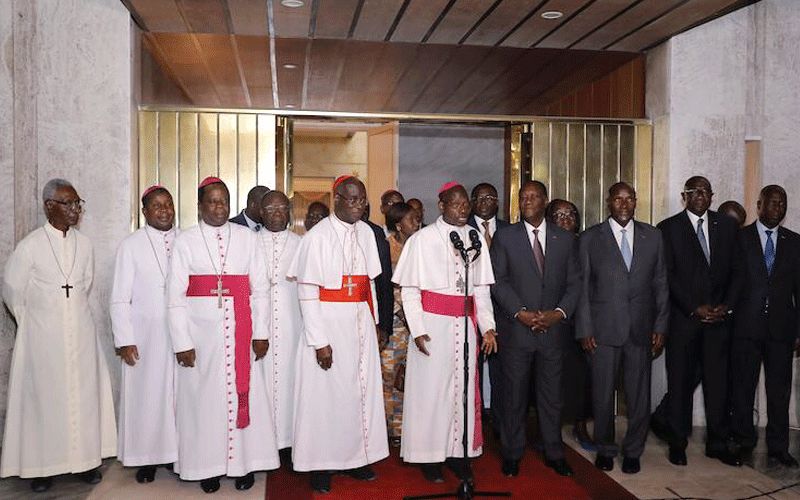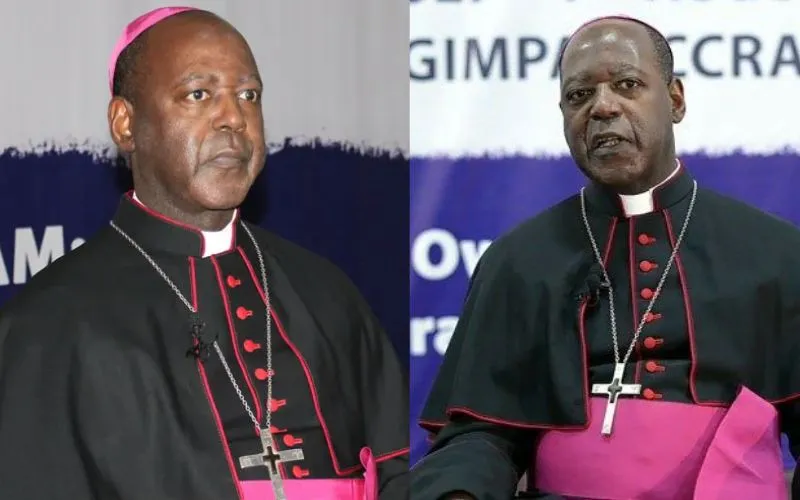Abidjan, 21 February, 2020 / 5:13 am (ACI Africa).
Following a series of statements by Catholic Bishops in Ivory Coast calling for reconciliation and peaceful elections in the West African nation, a delegation of Prelates in the country was received Wednesday, February 19 by President Alassane Ouattara to discuss the “reconciliation of all Ivorians” as well as peace and stability in the country.
“The bishops met with the President of the Republic, first of all to greet him and to exchange with him on the progress of the country. Particularly around questions concerning the reconciliation of all Ivorians, the President of the Episcopal Conference of Ivory Coast (Cecci), Bishop Ignace Bessi Dogbo told journalists at the end of the two-hour meeting in Ivory Coast’s capital Abidjan.
He added, “Bishops are very sensitive to reconciliation, being themselves ordained ministers for reconciliation.”
The meeting, held at the presidential palace, took place in a context where relations are somewhat tense between the Ivorian episcopate and the government, which is questioning the latest declarations of the bishops and Cardinal Jean-Pierre Kutwa on peace and national reconciliation.
At the end of their Plenary Assembly held from January 14-19, Cecci Bishops highlighted four issues that need to be addressed to avert a possible post-election crisis, top on their list, reconciliation. Other issues include dialogue, the independence of the electoral commission, and respect for the country’s Constitution.








